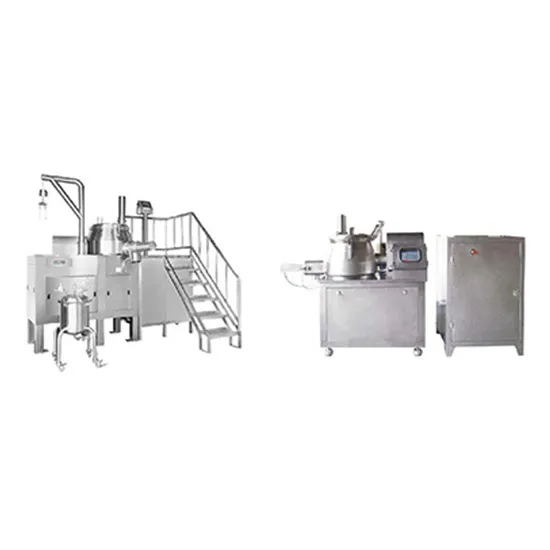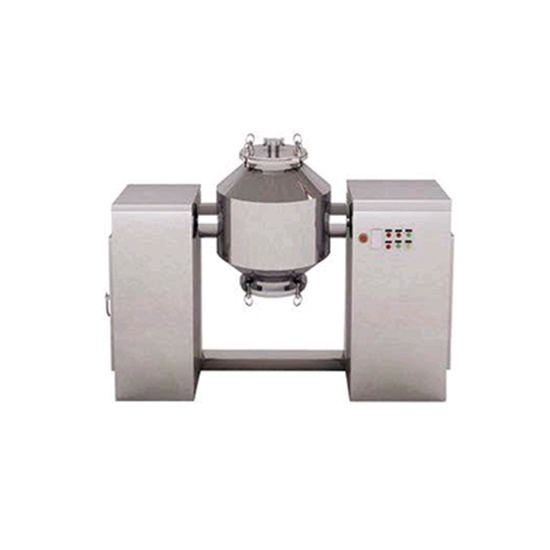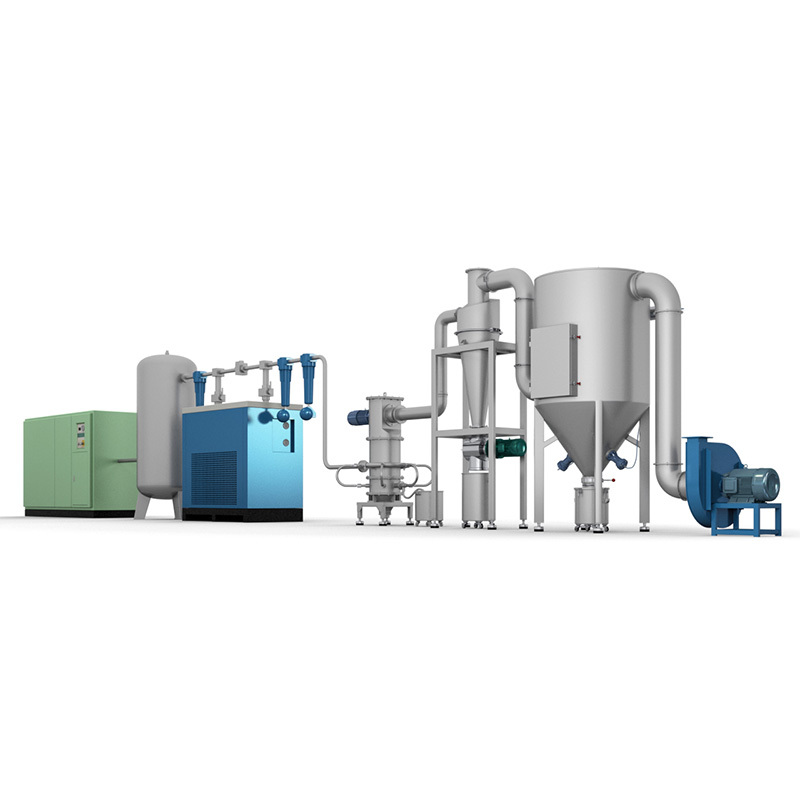NEWS
Choosing the Right Gas Dryer for Your Industrial Drying Needs
Sep 18,2023
Table of Contents:
1. Introduction
2. Understanding the Industrial Drying Needs
3. Gas Dryers vs. Electric Dryers: Which One is Right for You?
4. Factors to Consider When Choosing a Gas Dryer
4.1 Capacity and Size
4.2 Energy Efficiency and Cost Savings
4.3 Ventilation Requirements
4.4 Safety Features
4.5 Maintenance and Durability
4.6 Noise Level
4.7 Control Options
4.8 Price
5. Types of Gas Dryers
5.1 Commercial Gas Dryers
5.2 Industrial Gas Dryers
6. Common FAQs about Choosing Gas Dryers for Industrial Drying Needs
6.1 How do I determine the right capacity for my drying needs?
6.2 Are gas dryers more energy-efficient than electric dryers?
6.3 What safety features should I look for in a gas dryer?
6.4 How often should I perform maintenance on my gas dryer?
6.5 Can I use a gas dryer indoors?
7. Conclusion
1. Introduction
When it comes to industrial drying processes, selecting the right gas dryer is crucial for achieving efficient and effective results. A gas dryer offers numerous benefits, including faster drying times and cost savings. In this comprehensive guide, we will explore the key factors to consider when choosing a gas dryer for your industrial drying needs.
2. Understanding the Industrial Drying Needs
Before diving into the selection process, it's essential to have a clear understanding of your specific industrial drying requirements. Consider the type and quantity of materials you need to dry, the desired drying time, and any specific characteristics or sensitivities of the materials.
3. Gas Dryers vs. Electric Dryers: Which One is Right for You?
Gas dryers and electric dryers are the two primary options available for industrial drying operations. While electric dryers are commonly used in residential settings, gas dryers offer several advantages for industrial applications. Gas dryers are typically more energy-efficient, cost-effective, and provide faster drying times. They are also better suited for handling large drying loads and heavy-duty cycles.
4. Factors to Consider When Choosing a Gas Dryer
To ensure you choose the right gas dryer for your industrial drying needs, consider the following factors:
4.1 Capacity and Size
The capacity and size of the gas dryer are crucial considerations. Assess the volume of materials you need to dry and ensure the chosen dryer can accommodate your required load size efficiently. Additionally, consider the available space in your facility to ensure proper installation.
4.2 Energy Efficiency and Cost Savings
Opt for a gas dryer that offers high energy efficiency ratings to minimize operational costs. Look for models with energy-saving features such as moisture sensors, adjustable temperature settings, and eco-friendly options.
4.3 Ventilation Requirements
Proper ventilation is essential when using a gas dryer. Ensure your facility meets the necessary ventilation requirements for safe and efficient operation. If you have specific ventilation constraints, consult with an expert to find suitable solutions.
4.4 Safety Features
Prioritize safety when selecting a gas dryer. Look for features like flame monitoring systems, overheat protection, and automatic shut-off mechanisms to prevent accidents and ensure safe operation.
4.5 Maintenance and Durability
Consider the maintenance requirements and durability of the gas dryer. Opt for models that are easy to clean and maintain, reducing downtime and increasing productivity. Additionally, choose a dryer with robust construction and high-quality components for long-lasting performance.
4.6 Noise Level
If noise levels are a concern in your industrial setting, select a gas dryer with noise reduction technology or soundproofing features. This will create a more comfortable and conducive working environment.
4.7 Control Options
Evaluate the control options available in different gas dryer models. Advanced control systems can provide accurate temperature and time settings, programmable cycles, and remote monitoring capabilities, enhancing convenience and precision in the drying process.
4.8 Price
While price should not be the sole determining factor, it is an important consideration. Assess the features, reliability, and long-term benefits of a gas dryer to make an informed decision that balances cost and performance.
5. Types of Gas Dryers
There are two main types of gas dryers available for industrial applications:
5.1 Commercial Gas Dryers
Commercial gas dryers are designed for small to medium-sized businesses with moderate drying needs. They offer reliable performance and a range of features suitable for industries such as salons, laundromats, and small-scale manufacturing.
5.2 Industrial Gas Dryers
Industrial gas dryers are built for heavy-duty use in large-scale industrial settings. They have higher capacities, faster drying times, and more advanced features tailored to meet the demands of industries such as agriculture, 香蕉传媒 processing, pharmaceuticals, and textiles.
6. Common FAQs about Choosing Gas Dryers for Industrial Drying Needs
Here are answers to some frequently asked questions about selecting gas dryers for industrial drying needs:
6.1 How do I determine the right capacity for my drying needs?
To determine the appropriate capacity, consider the volume and type of materials you need to dry, as well as your desired drying time. Consult the manufacturer's guidelines or seek expert advice to ensure you choose a gas dryer with sufficient capacity.
6.2 Are gas dryers more energy-efficient than electric dryers?
Yes, gas dryers are generally more energy-efficient than electric dryers. Gas dryers utilize natural gas or propane, which is often a more cost-effective and environmentally friendly energy source compared to electricity.
6.3 What safety features should I look for in a gas dryer?
Safety features to prioritize include flame monitoring systems, overheat protection, automatic shut-off mechanisms, and proper venting. These features help prevent accidents and ensure safe operation.
6.4 How often should I perform maintenance on my gas dryer?
Regular maintenance is essential for optimal performance and longevity of your gas dryer. Follow the manufacturer's recommendations for maintenance intervals, which typically include cleaning the lint trap, checking and cleaning the vent system, and inspecting and lubricating moving parts.
6.5 Can I use a gas dryer indoors?
Gas dryers should not be used indoors unless they are specifically designed for indoor use. Improper indoor use can lead to ventilation issues, safety hazards, and health risks. Always consult the manufacturer's guidelines and adhere to local regulations.
7. Conclusion
Choosing the right gas dryer for your industrial drying needs requires careful consideration of factors such as capacity, energy efficiency, safety features, and maintenance requirements. By understanding your specific drying requirements and assessing different models based on these factors, you can select the ideal gas dryer that optimizes efficiency, productivity, and cost-effectiveness in your industrial operations.
1. Introduction
2. Understanding the Industrial Drying Needs
3. Gas Dryers vs. Electric Dryers: Which One is Right for You?
4. Factors to Consider When Choosing a Gas Dryer
4.1 Capacity and Size
4.2 Energy Efficiency and Cost Savings
4.3 Ventilation Requirements
4.4 Safety Features
4.5 Maintenance and Durability
4.6 Noise Level
4.7 Control Options
4.8 Price
5. Types of Gas Dryers
5.1 Commercial Gas Dryers
5.2 Industrial Gas Dryers
6. Common FAQs about Choosing Gas Dryers for Industrial Drying Needs
6.1 How do I determine the right capacity for my drying needs?
6.2 Are gas dryers more energy-efficient than electric dryers?
6.3 What safety features should I look for in a gas dryer?
6.4 How often should I perform maintenance on my gas dryer?
6.5 Can I use a gas dryer indoors?
7. Conclusion
1. Introduction
When it comes to industrial drying processes, selecting the right gas dryer is crucial for achieving efficient and effective results. A gas dryer offers numerous benefits, including faster drying times and cost savings. In this comprehensive guide, we will explore the key factors to consider when choosing a gas dryer for your industrial drying needs.
2. Understanding the Industrial Drying Needs
Before diving into the selection process, it's essential to have a clear understanding of your specific industrial drying requirements. Consider the type and quantity of materials you need to dry, the desired drying time, and any specific characteristics or sensitivities of the materials.
3. Gas Dryers vs. Electric Dryers: Which One is Right for You?
Gas dryers and electric dryers are the two primary options available for industrial drying operations. While electric dryers are commonly used in residential settings, gas dryers offer several advantages for industrial applications. Gas dryers are typically more energy-efficient, cost-effective, and provide faster drying times. They are also better suited for handling large drying loads and heavy-duty cycles.
4. Factors to Consider When Choosing a Gas Dryer
To ensure you choose the right gas dryer for your industrial drying needs, consider the following factors:
4.1 Capacity and Size
The capacity and size of the gas dryer are crucial considerations. Assess the volume of materials you need to dry and ensure the chosen dryer can accommodate your required load size efficiently. Additionally, consider the available space in your facility to ensure proper installation.
4.2 Energy Efficiency and Cost Savings
Opt for a gas dryer that offers high energy efficiency ratings to minimize operational costs. Look for models with energy-saving features such as moisture sensors, adjustable temperature settings, and eco-friendly options.
4.3 Ventilation Requirements
Proper ventilation is essential when using a gas dryer. Ensure your facility meets the necessary ventilation requirements for safe and efficient operation. If you have specific ventilation constraints, consult with an expert to find suitable solutions.
4.4 Safety Features
Prioritize safety when selecting a gas dryer. Look for features like flame monitoring systems, overheat protection, and automatic shut-off mechanisms to prevent accidents and ensure safe operation.
4.5 Maintenance and Durability
Consider the maintenance requirements and durability of the gas dryer. Opt for models that are easy to clean and maintain, reducing downtime and increasing productivity. Additionally, choose a dryer with robust construction and high-quality components for long-lasting performance.
4.6 Noise Level
If noise levels are a concern in your industrial setting, select a gas dryer with noise reduction technology or soundproofing features. This will create a more comfortable and conducive working environment.
4.7 Control Options
Evaluate the control options available in different gas dryer models. Advanced control systems can provide accurate temperature and time settings, programmable cycles, and remote monitoring capabilities, enhancing convenience and precision in the drying process.
4.8 Price
While price should not be the sole determining factor, it is an important consideration. Assess the features, reliability, and long-term benefits of a gas dryer to make an informed decision that balances cost and performance.
5. Types of Gas Dryers
There are two main types of gas dryers available for industrial applications:
5.1 Commercial Gas Dryers
Commercial gas dryers are designed for small to medium-sized businesses with moderate drying needs. They offer reliable performance and a range of features suitable for industries such as salons, laundromats, and small-scale manufacturing.
5.2 Industrial Gas Dryers
Industrial gas dryers are built for heavy-duty use in large-scale industrial settings. They have higher capacities, faster drying times, and more advanced features tailored to meet the demands of industries such as agriculture, 香蕉传媒 processing, pharmaceuticals, and textiles.
6. Common FAQs about Choosing Gas Dryers for Industrial Drying Needs
Here are answers to some frequently asked questions about selecting gas dryers for industrial drying needs:
6.1 How do I determine the right capacity for my drying needs?
To determine the appropriate capacity, consider the volume and type of materials you need to dry, as well as your desired drying time. Consult the manufacturer's guidelines or seek expert advice to ensure you choose a gas dryer with sufficient capacity.
6.2 Are gas dryers more energy-efficient than electric dryers?
Yes, gas dryers are generally more energy-efficient than electric dryers. Gas dryers utilize natural gas or propane, which is often a more cost-effective and environmentally friendly energy source compared to electricity.
6.3 What safety features should I look for in a gas dryer?
Safety features to prioritize include flame monitoring systems, overheat protection, automatic shut-off mechanisms, and proper venting. These features help prevent accidents and ensure safe operation.
6.4 How often should I perform maintenance on my gas dryer?
Regular maintenance is essential for optimal performance and longevity of your gas dryer. Follow the manufacturer's recommendations for maintenance intervals, which typically include cleaning the lint trap, checking and cleaning the vent system, and inspecting and lubricating moving parts.
6.5 Can I use a gas dryer indoors?
Gas dryers should not be used indoors unless they are specifically designed for indoor use. Improper indoor use can lead to ventilation issues, safety hazards, and health risks. Always consult the manufacturer's guidelines and adhere to local regulations.
7. Conclusion
Choosing the right gas dryer for your industrial drying needs requires careful consideration of factors such as capacity, energy efficiency, safety features, and maintenance requirements. By understanding your specific drying requirements and assessing different models based on these factors, you can select the ideal gas dryer that optimizes efficiency, productivity, and cost-effectiveness in your industrial operations.
More News










